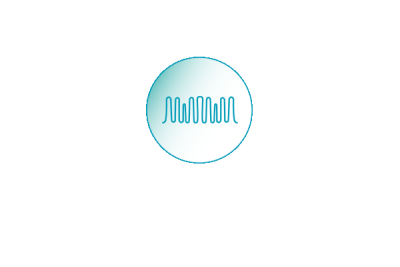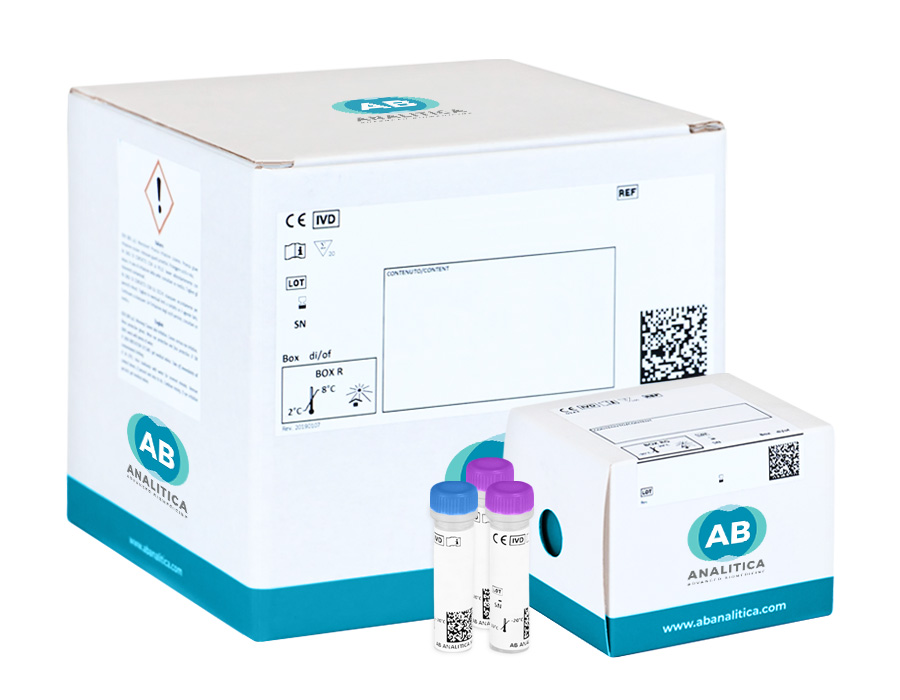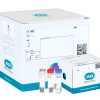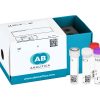Description
The AMPLIQUALITY HPV-TYPE EXPRESS kit is an IVD for detection and genotyping of the Human Papillomavirus (HPV) by Single-Step PCR and Reverse Line Blot.
The product involves a multiplex PCR reaction, using DNA extracted from human clinical samples, followed by a visualization of the amplified material with Reverse Line Blot (RLB).
Product Characteristics
- The device is validated on DNA extracted from various samples types
- The assay requires only 5 µL of DNA extracted
- The automatic format of the assay can be used on different automatic instruments for Reverse Line Blot protocols
Kit content
Kit includes:
- Ready-to-use reagents for End-Point PCR
- Positive control
- Strips and reagents for amplicons visualization by Reverse Line Blot
- Transparent film for strip interpretation
- Strip collection sheet
- Tray with 8 single-use channels for Reverse Line Blot (only in the manual format)
- CD-ROM containing the User manual
Further Information
Today, more than eighty types of Papillomaviruses that infect humans (HPV) have been identified. Of these, about one fifth are associated with a wide spectrum of pathological conditions of the genital tract. Infections with HPV are the number one among sexually transmitted diseases in the world.
Once the virus has infected the basal epithelial cells, it can progress in various ways. It may remain silent in the episomal form within the host cells, start its replication inducing proliferation of the squamous epithelium, produce a vegetative form (condyloma) or integrate into the host cell genome which leads to an increased frequency of high grade lesions.
Some studies report an incidence of up to 80 % of HPV infections in the sexually active population, with a peak in the age group of the 22 to 25 years old. Particularly the latter fact indicates that the infection is acquired with the onset of the sexual activity. The occurrence of cytological and clinical manifestations is approx. 10 % lower due to effective immune system responses. About 15 % of low-grade lesions develop into high-grade lesions in the course of 10 years. Reports of spontaneous regression of (mostly low-grade) lesions indicate that the development process of such lesions is not unidirectional.
On basis of the benign or malignant nature of the manifestations caused by the different HPV strains, they are categorized into low, intermediate and highly malignant strains. In respect to their carcinogenicity the HPV strains 6, 11, 40, 42, 43, 44, 54, 61, 69, 70, 72, 81 and CP6108 are considered low-risk strains, whereas HPV 16, 18, 31, 33, 35, 39, 45, 51, 52, 56, 58, 59, 68, 73 and 82 are classified as high-risk strains and HPV 26, 53 and 66 as possibly high-risk strains (Munoz et al., 2003).
Ordering Information
| Code | Product | PKG |
|---|---|---|
| 03-35A-20 M | AMPLIQUALITY HPV-TYPE EXPRESS v3.0 | 20 tests |
| 03-35A-20 A | AMPLIQUALITY HPV-TYPE EXPRESS v3.0 Automatic format | 20 tests |









